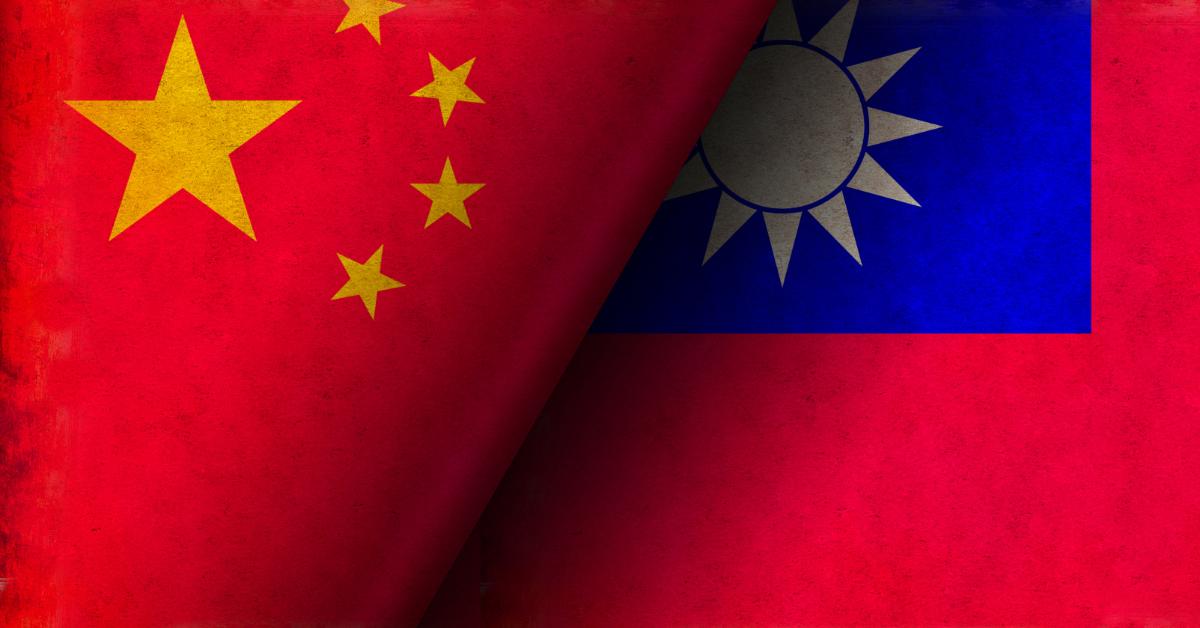
Is Taiwan a De Facto Sovereign Nation or a Province of the PRC?
It is a running gag among the pro-Taiwan camp that if you were to ask ordinary folks about Taiwan five years earlier, most could not locate Taiwan on a map. At the time, matters relating to China were mainly debates about Donald Trump’s protectionist stance, as relations between Taiwan and China didn’t receive the attention many would warrant in the face of a potential war.
However, ever since the outbreak of the coronavirus—now probably having originated from the Wuhan Institute of Virology—and the narrative of a grand alliance between Beijing and Moscow during the war in Ukraine, comparisons have been drawn between the fate of Taiwan and Ukraine. Even though CNN became confused between Taiwan and Thailand a year ago, any mention of Taiwan now will ring the alarm about how the United States can be deprived of semiconductors should it not respond to an imminent threat posed by China.
As we move toward 2027, people have been arguing that the US should cease intervening elsewhere to concentrate its ability on defending Taiwan—in other words, Taiwan is the only case worthy of intervention. Unlike Ukraine, the case of Taiwan is more black-and-white as Taiwan stands as a victim of Chinese coercion. Whether on a purely strategic or moral argument, there is a lot of sympathy for Taiwan, regardless of political orientation.
Nevertheless, war is still war, and in such a scenario, a confrontation between two superpowers is to be avoided at all costs. Even with nuclear weapons factored out, a clean victory for the US and Taiwan is unlikely due to logistical problems, encirclement, and the high cost of lives. In an interview on Tom Wood’s podcast, Joseph Solis-Mullen argued that the only possible way out is to abide according to the principles of the One China Policy—to lead Taiwan into reunification with China under the People’s Republic of China (PRC).
Again, we should oppose a war with China, as it would only deliver catastrophe for the US, China, Taiwan, and likely the other countries surrounding Taiwan regardless of the outcome—though Solis-Mullen did acknowledge that should Taiwan fall under the control of the PRC, human rights in Taiwan will take a sharp turn for the worse. Even though the recent elections haven’t decisively favored the pro–Taiwan independence and anti-PRC Democratic Progressive Party, virtually no Taiwanese identifies himself as Chinese. Even the Kuomintang—the only large party that supports a One China Policy—argues that while Taiwan belongs to China, China is the Republic of China (ROC), not the PRC, and the Kuomintang has recently distanced itself from former president Ma Ying-jeou over comments that reunification is acceptable for Taiwan.
After all, by the principle of self-determination and voluntary association (as close as it may get), Taiwan is effectively a country in all but on paper. As far as adherence to the principle of armed neutrality goes, Taiwan shouldn’t receive US arms shipments or a security guarantee (which it has under the Taiwan Relations Act). However, the constraint is that China forces countries that want to establish diplomatic ties with China to adhere to its version of the One China Principle, which stipulates that the legitimate government of China is the PRC. Taiwan, however, can’t move away from the One China Principle but can argue that the ROC is the legitimate government of China.
However, the reality is different off-paper where Taiwan is a country. China can coerce countries into either choosing the PRC or the ROC, but it can’t afford to fully coerce everyone. While there’s a strategic side to US-Taiwan relations—given Taiwan’s position in the first island chain—the commercial side is undeniable, thanks to the dominance of the Taiwan Semiconductor Manufacturing Company in the semiconductor industry. In other words, there’s a reason why the so-called Taipei Economic and Cultural Offices (or Taipei Representative Offices) are there as de facto Taiwanese embassies. While there is a strong element of strategy at play, the US need not abolish all ties with Taipei, just arms sales and defense guarantees as neither China nor the US is willing to risk trade relations to a level too deep.
While this may trigger alarm bells for people who support Taiwan, chances are that Japan, Australia, and even some Southeast Asian countries would prefer Taiwan to remain as it is. For many of these countries, a takeover of Taiwan means a step further for China to infringe upon their territories and disrupt trade routes. While it didn’t announce whether it would directly intervene, Japan has labeled Taiwan as a matter of national security and has been bolstering its own defense over the fears that the US might not help Japan. With a military persistently known for corruption and now a diplomatic emphasis on softening tensions, Beijing sees war as undesirable as well.
As stated before, the world is not as remarkably united and can be separated into three blocs as it was during the Cold War. “Allies” of the US would prefer to delegate their responsibility to defend themselves to the US, even if they can do the job themselves and keep a check on one another. As for how we should see Taiwan, it’s a country that in some cases might be more libertarian than the US (except for conscription). Whether people want to debate the similarities or differences between “acknowledging” and “affirming” the One China Principle, it doesn’t erase the fact that Taiwan for all intents and purposes is a sovereign country.



